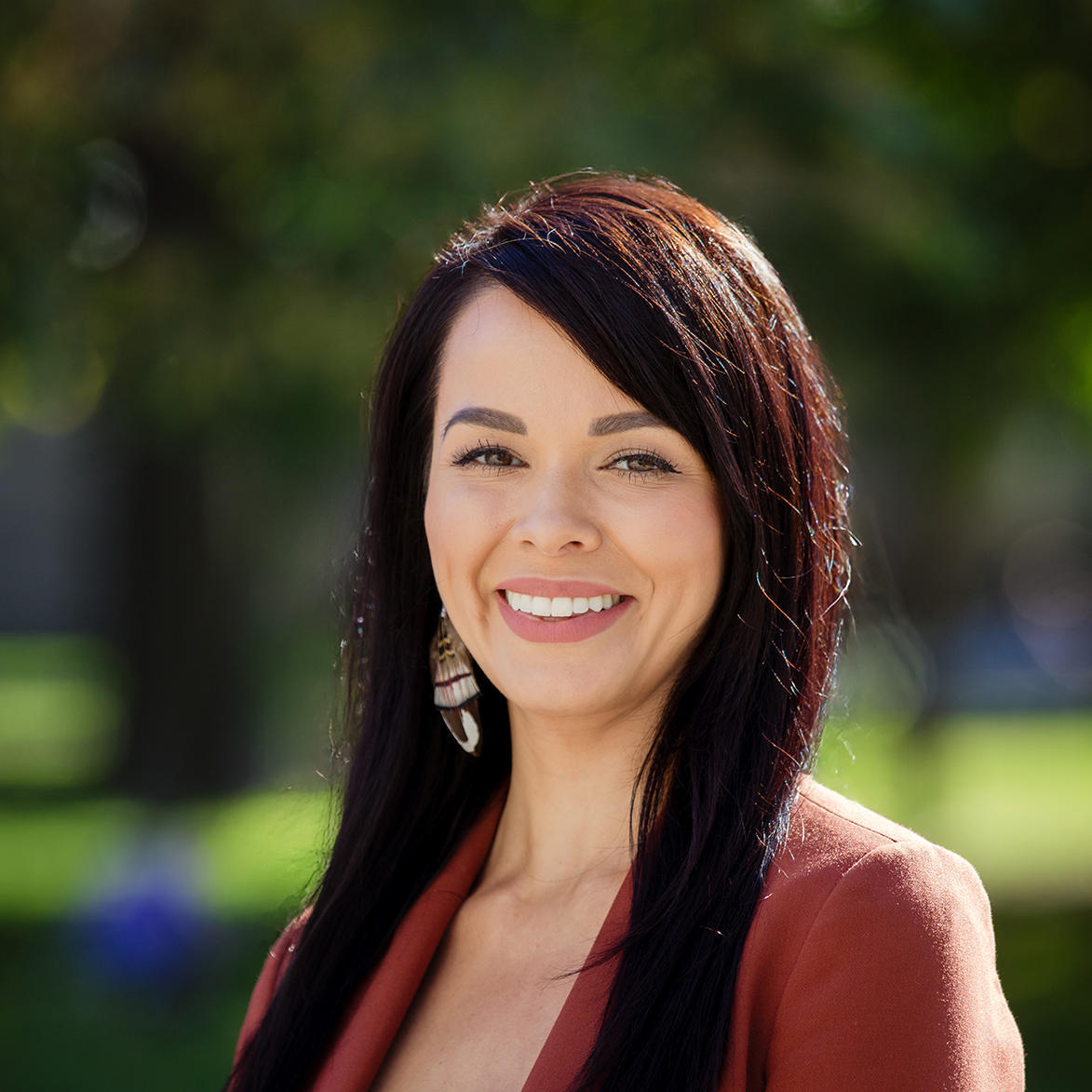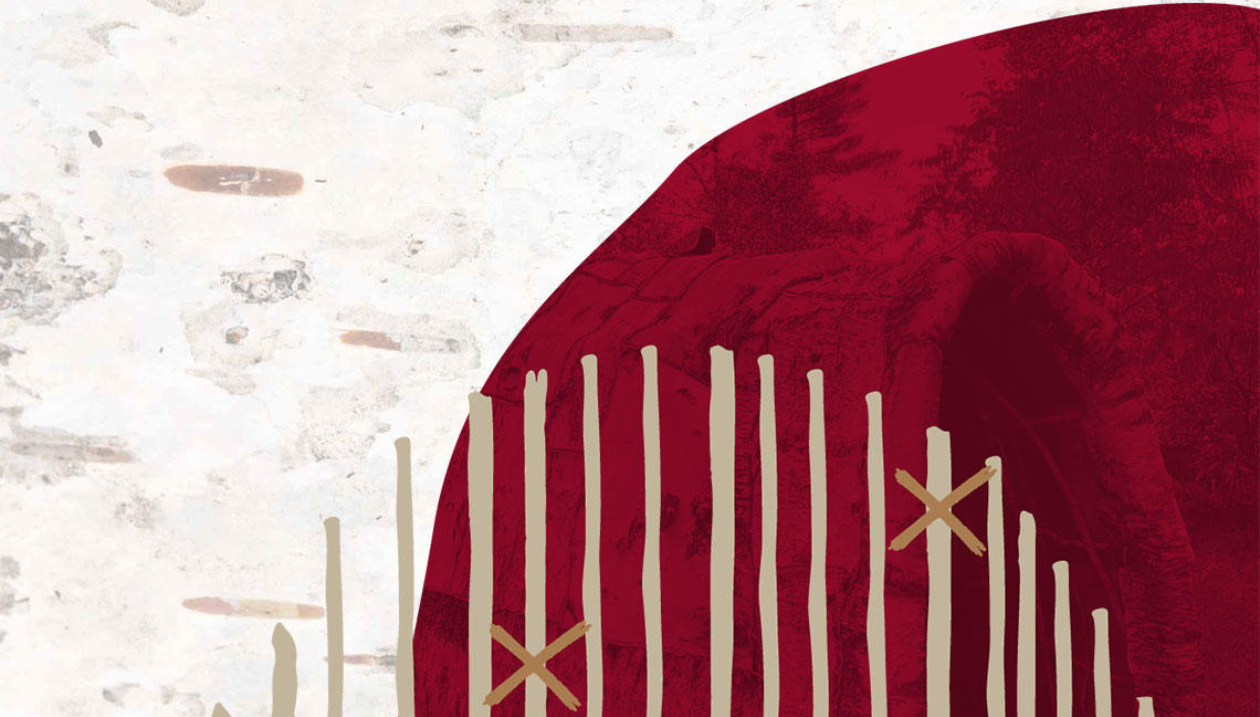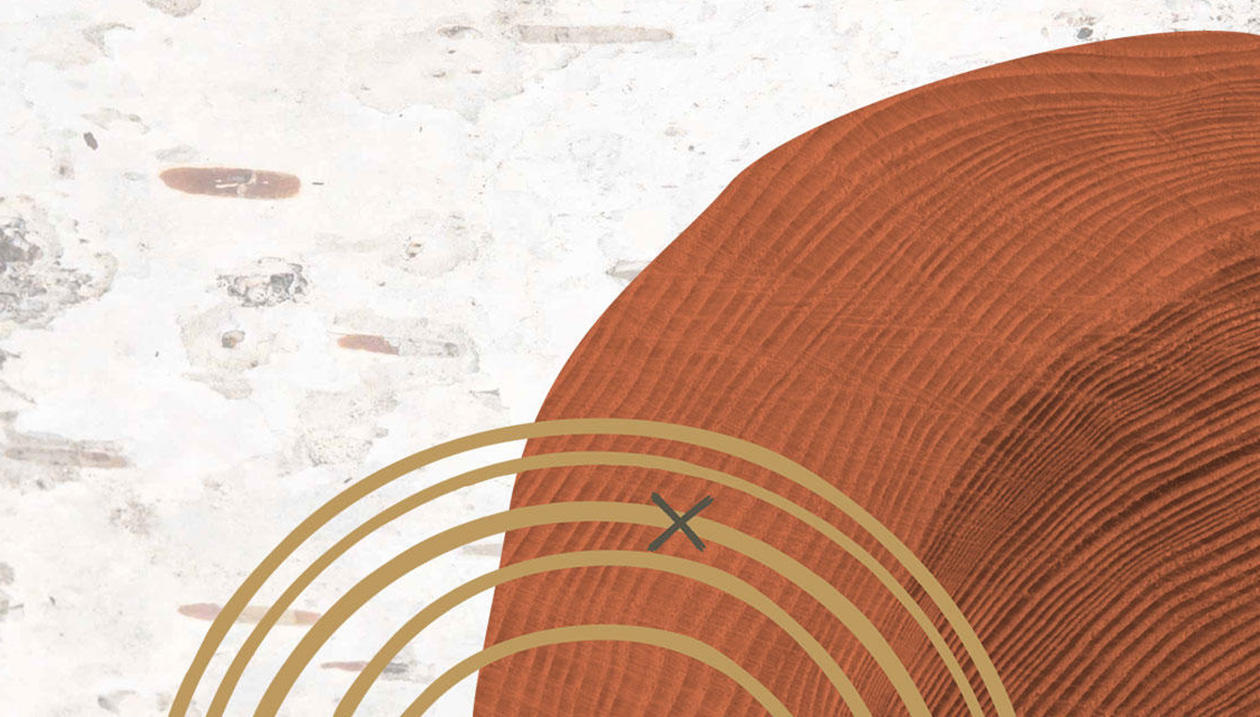With progress already underway on research, institutional policies and physical space, the University is now focusing on relationships—both within and beyond its walls. Hoop Four is about engagement: how we show up, how we listen and how we remain accountable to Indigenous communities.
This article concludes our four-part series exploring uOttawa’s 2025–2030 Indigenous Action Plan, one hoop at a time.
Responsibility and meaningful relationships
In Indigenous worldviews, accountability is a way of being. “You’re accountable to your family, to your community, to the ones who came before—seven generations back—and the ones who are coming after, seven generations forward,” says Johnson. It’s a long memory and a long view—one that gives relationship-building its depth, authenticity and meaning.
Hoop Four of the Indigenous Action Plan turns this principle both outward and inward. It’s about how the University builds respectful, ongoing relationships—internally and with Indigenous peoples and communities beyond its walls. And it’s about earning trust through action.
Hoop Four calls for more consistent consultation, better feedback loops and a real commitment to transparency. Whether it’s a research initiative, policy change or student support program, the Office of Indigenous Affairs emphasizes the need to co-create, not just inform.
This work also includes supporting non-Indigenous members of the University community. Training, resources and collaborative frameworks ensure that engagement is shared work, and that everyone understands how to contribute meaningfully.
“Hoop Four offers guidance for that collaborative journey,” says Johnson. “It’s about showing up consistently—with humility, clarity and care.” This also explains why it’s the shortest section in the Indigenous Action Plan, as Johnson and the Office of Indigenous Affairs wanted to develop basic policies, programming and services before reaching out to community, to show the dedication and effort of the University in reconciliation. Now, the office is ready to co-create Hoop Four with the community.
Shaping principle into action on and off campus
Hoop Four calls for relationships built on continuity and presence — and presence is becoming action. At uOttawa, meaningful engagement with Indigenous communities is starting to move from principle to practice.
One way this is taking shape is through the Indigenous Education Council. Made up of Indigenous community members, internal stakeholders and students, the council guides the implementation of the Indigenous Action Plan, helping the University stay accountable regarding Indigenous priorities. It’s feedback shaping the way forward.
The Office of Indigenous Affairs is also preparing to expand its reach. With new capacity, it’s planning more outreach activities, community events and opportunities for students, staff and faculty to engage meaningfully beyond the campus, meeting people where they are. The goal is to build lasting relationships that reflect Indigenous values and serve both the University and the communities it works with.
A continuous circle of growth, trust and responsibility
Meaningful engagement takes time. As Johnson reminds us, it’s not a one-time conversation—it’s a commitment to show up again and again, guided by the past and mindful of the future.
Hoop Four isn’t the end of the Indigenous Action Plan—it’s a continuation of the circle. Internal and external engagement will continue evolving as relationships deepen, knowledge grows and the University learns to move forward in partnership.
For Johnson and her team, this isn’t just institutional work—it’s cultural, generational and deeply rooted. “It’s about building trust that lasts, and that means being there, listening and following through.”

“It’s about building trust that lasts, and that means being there, listening and following through.”
Tareyn Johnson
— uOttawa’s director of Indigenous Affairs


